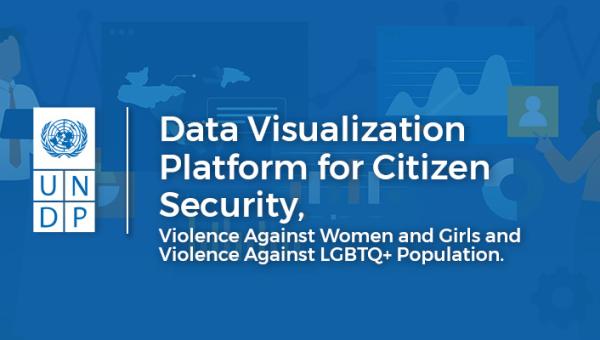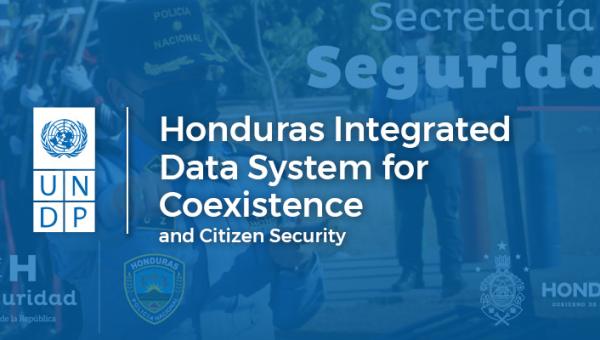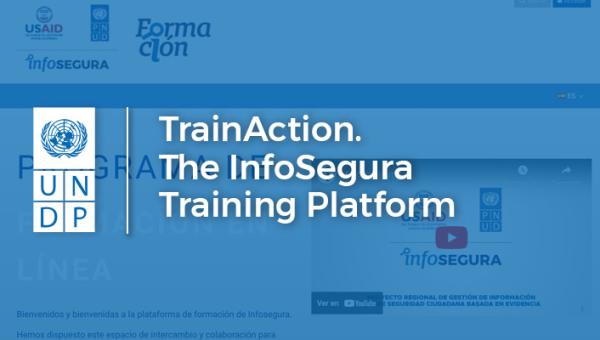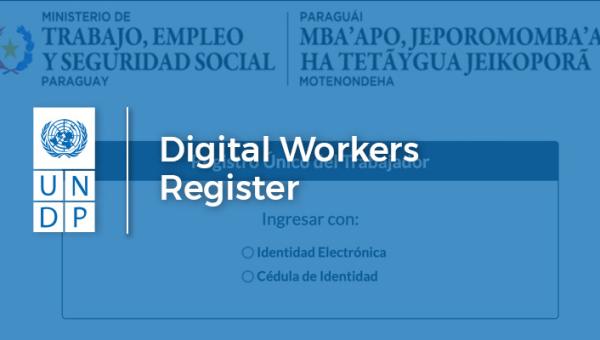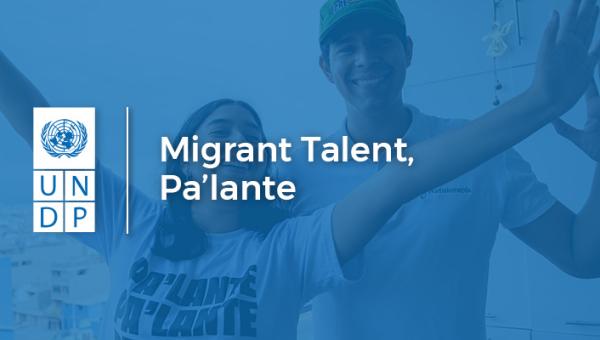Air Quality Cyclist Initiative

PROJECT OWNER: AccLab LAC - Argentina
This solution promotes citizen participation in measuring air quality in cities and territories. It uses small and low-cost air sensors that can be easily placed on bicycles. As people ride through the city, they collect crucial data about air pollution. With this solution, not only is it possible to encourage citizen science, but it also helps expand the scope of air quality projects.
In late 2019, we began our journey at Co_Lab with the mission of accelerating the production of knowledge on complex issues that limit development. To achieve this, we worked to anticipate what is coming, promote the growth of territorial solutions, and deploy portfolios of actions to address the multiple dimensions of a problem. In 2021, we reinforced those lines of work that we had initiated before the pandemic and that grew in importance with the onset of COVID-19. At the same time, we promoted innovative tools for public policy. Our attention focused on three thematic axes: financial inclusion-socioeconomic recovery, vaccines-misinformation, and environmental citizen science.
The outbreak of the pandemic found us working on financial inclusion for its potential to promote multiple SDGs and highlighted its strategic nature, prompting us to react quickly through a series of actions. For example, due to isolation measures, digital transactions became a key challenge as they became a necessary condition to access many resources. Although digital operations were expanding, not everyone had the same level of preparation, and barriers were more exposed than ever. What may seem "just a procedure" initially represents a significant obstacle in lower-income sectors. That's why we prototyped and experimented with a mapped solution: the informal intermediation of financial and digital services. To carry them out, people usually rely on others they trust and/or are close to. With this in mind, we promoted the Con Vos network together with the Municipality of Concepción del Uruguay, Province of Entre Ríos, Argentina. This initiative is an example of how mapping, experimentation, and growth come to life in practice. Due to its potential for digital inclusion, it was included in the Handbook on Smart Urban Innovations.
This article was originally published at: https://www.undp.org/es/argentina/blog
Are you passionate about the link between digitalization and sustainable development?

 Locations
Locations